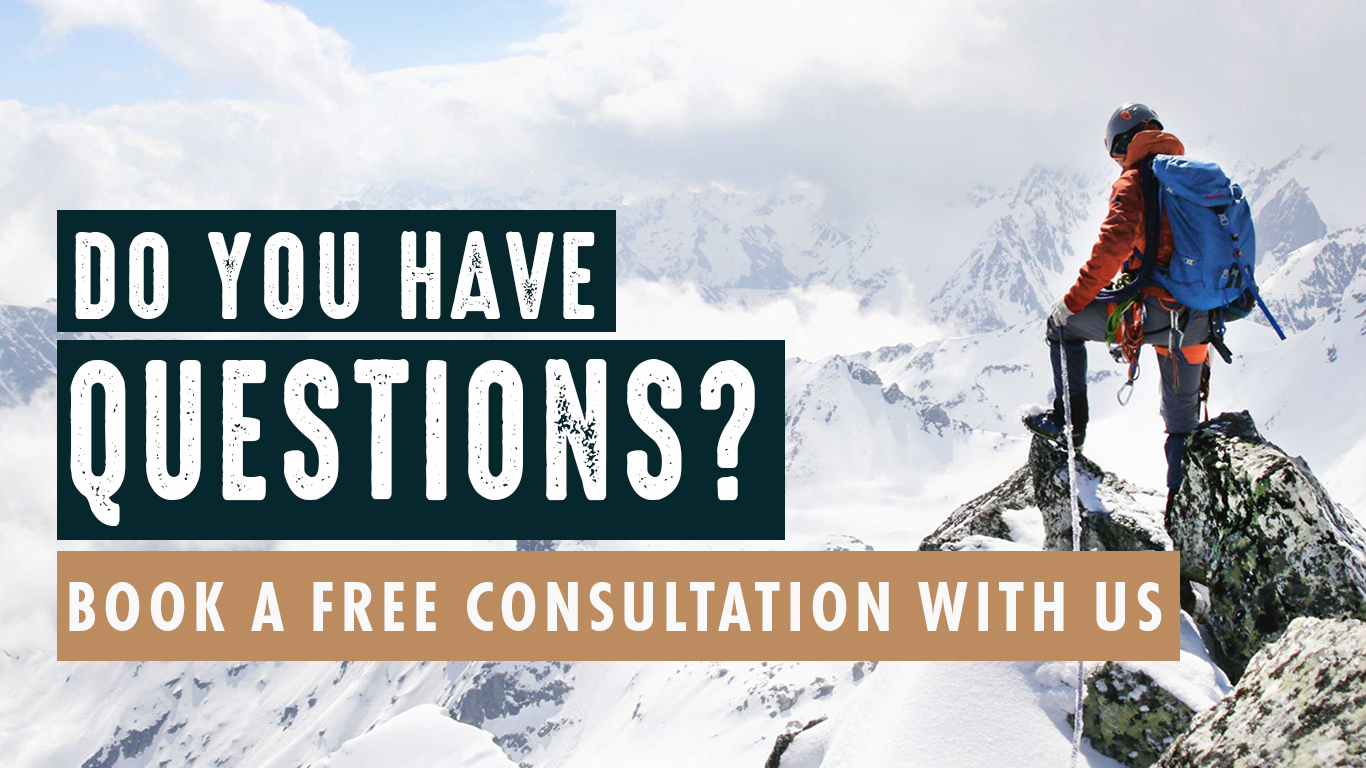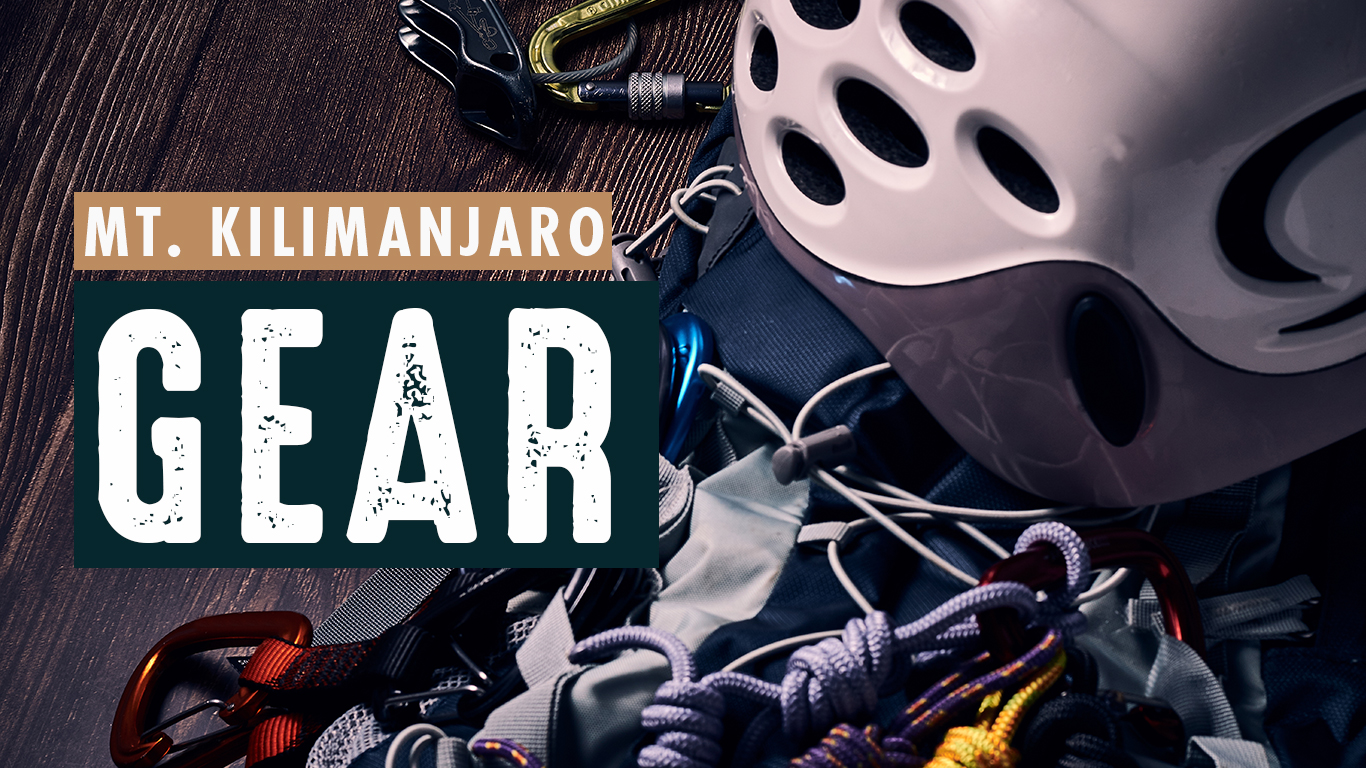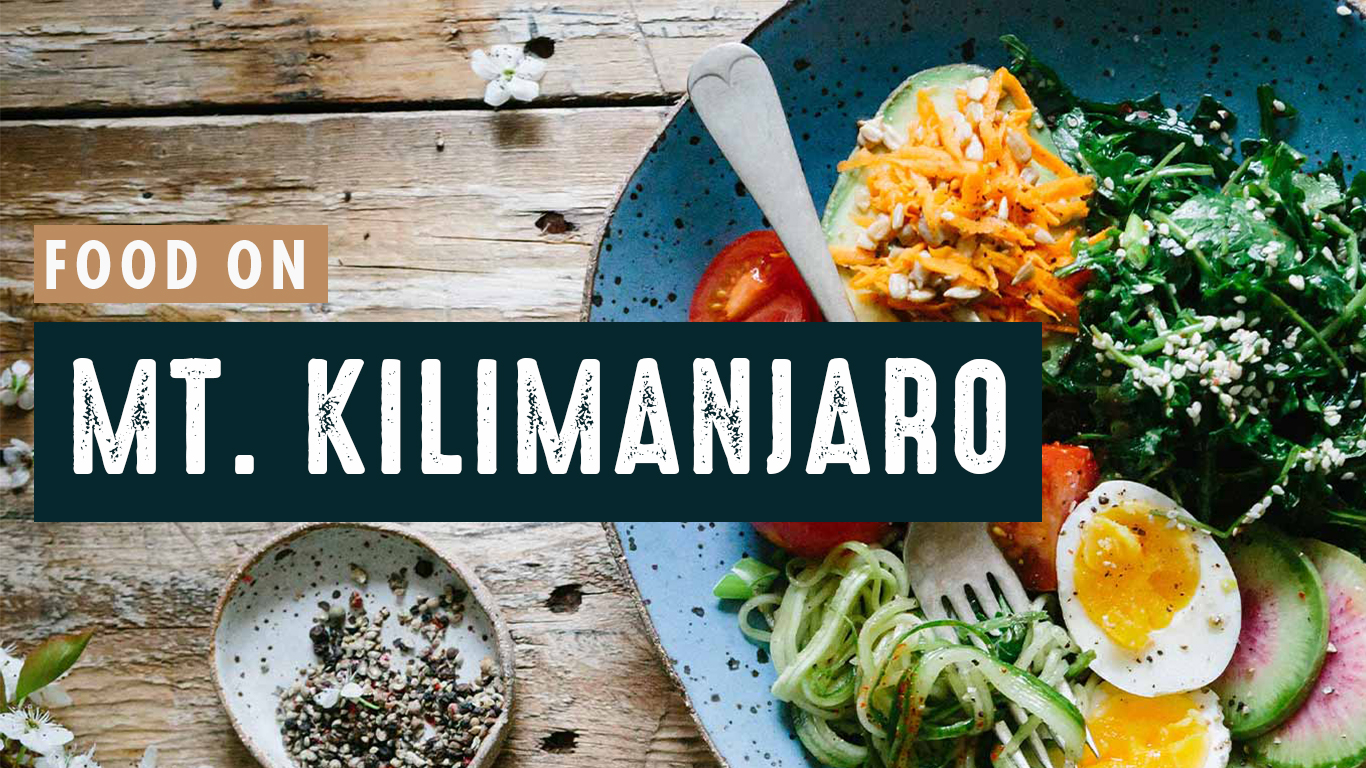From the valleys of South Wales to the heights of Mount Kilimanjaro, David Paliotta’s story is one of resilience, determination, and the relentless pursuit of dreams.
At the age of 16, David read “And Not To Yield”, by James Ramsey Ullman, a story about two fictitious climbers who summit a fictitious mountain on not their first, but their second attempt, after failing the first time around. Now, at age 70, David has lived that very experience of failure followed by success on several occasions, having never given up on himself or his goals. Each challenge he has experienced has simply served as fuel for his inner fire and drive. He is resilient and persistent, believes in pushing his limits to find his true edge, and loves recreating his own boundaries as he lives life to the fullest each and every day.
David grew up an athlete playing soccer and dreaming of one day playing at Wembley Stadium in the championship game taking home the win. One of the hardest decisions of his life was ultimately giving up a professional soccer contract with a club in the English 1st Division to move to the United States and live with his father in 1969. His youth was filled with big dreams and big ambitions, but in his 20’s, his life took a turn for the worse and he found himself spiraling down into darkness.
David began drinking heavily and in his own words, abusing his body. He wrestled with alcoholism for nearly ten years of his life, and while he was a “functioning alcoholic”, making it to work each day and staying active, his memories of that near decade are scarce. Thankfully, in August of 1982, David decided he had had enough. He emerged from the depths of addiction and has now been sober for 42 years. He is certain this dark period of his life played a huge part in why he found himself wanting to truly LIVE in his later years.
On a high note, 1982 marked the start of David’s sobriety, but for every high there is a low and for David, that was the 1982 New York City Marathon, a race that seems to haunt him to this day. After training hard and setting a goal to qualify for Boston, he ran a string of six-minute miles but ultimately found his body shutting down with just over three miles to go. Despite finishing in just over three hours, David describes this race experience as an epic failure. Believing that “you learn more from failures than you do successes” though, David has found himself leaning into the fuel that this particular failure provides him to get back up, push on, and go bigger.
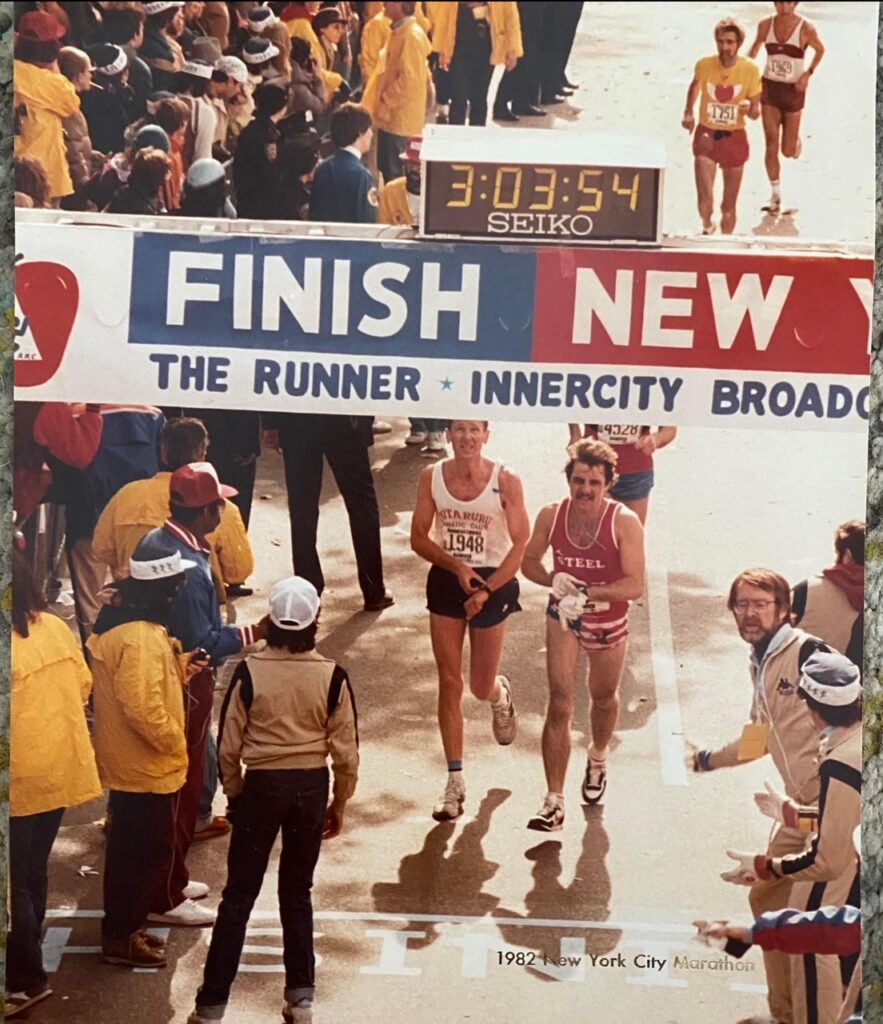
*David finishing the 1982 New York City Marathon
While at work in 2021, at age 67, David found himself short of breath and not feeling well. He didn’t think much of it, but thankfully, his wife disagreed and insisted he go to the hospital. After being transferred from one hospital to the next, David was told he had experienced a heart attack, had four blocked arteries, and ultimately would need immediate surgery. The next thing he remembers was waking up after a quadruple bypass.
After returning home his wife said to him, “God has plans for you and that is the reason you are here. You are going to do something very special.” Years of challenges and failures he had faced flooded his memory, but so did his resilience and fortitude. His gears started turning and he recalls his next thought as seeming to just come from the Universe, almost out of nowhere – “I’ll climb Kilimanjaro.” And so in February of 2024, at age 70, he did.
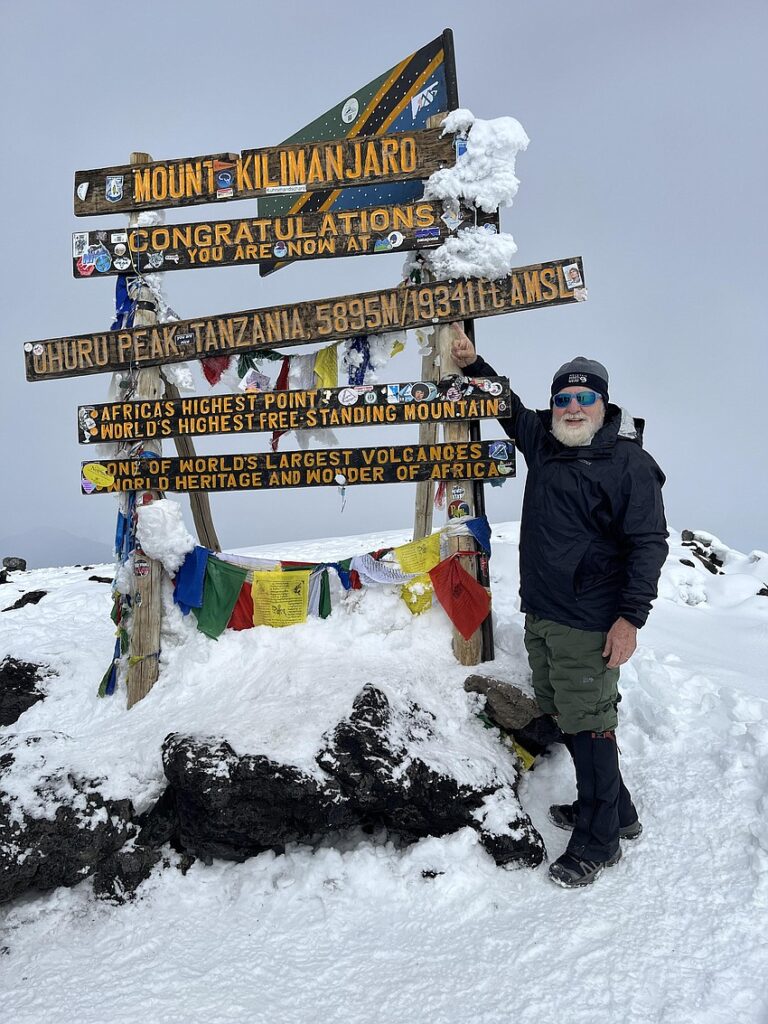
*David at the Summit of Mount Kilimanjaro
How did you get into trekking?
I grew up an athlete playing soccer and then I got into running and completed several marathons. I was always trying to find new ways to push my limits and so when my daughter asked me to join her in Utah to climb Angels Landing in 2019, I said yes. There is a section where you traverse a ledge that is about two feet wide and there is a drop of about 900 feet down the mountain below you. I was shaking as I was doing that part and my daughter was really enjoying that! But it was a great bonding experience with my daughter. We then did some REI outdoor adventures together and I grew to really enjoy these domestic type treks. I found myself wanting to do more.
What do you love about the outdoors and trekking?
I believe that any grueling endeavor is not only a physical, but also a mental challenge. There is a great book I read called “Mental Fitness” by Ant Middleton that talks about strengthening your body and mind. I am internally motivated to see how far I can go, to find out what I am made of and what my threshold is both mentally and physically. Trekking and being in the outdoors allows me to do that.
What did you do to prepare physically and mentally for Mount Kilimanjaro?
I trained for about nine months total.
I was fortunate to be able to travel back to Wales and summit Snowdon, the highest peak there at 3,560’, as well as travel to Scotland to summit Ben Nevis at 4,413’ as part of my training. On Ben Nevis, while I summited successfully, I found myself struggling a lot on the descent. I didn’t know at the time I had Covid. I thought perhaps I just was not quite ready for a bigger climb and so my confidence was shot. As a result, I decided to head to Colorado next where I successfully summited both Mt. Chiquita and Ypsilon Mountain, both over 13,000’, in just one day. That’s when I knew I was back in the game!
While training at home in Florida though, I didn’t have hilly, mountainous terrain to work with so I improvised. I walked on the treadmill at a 15-degree incline. I walked with a weighted pack to prepare for carrying my daypack on the trek. I lifted weights to strengthen my body. I used the stairmaster a lot and I climbed a nearby tower via the stairs with my weighted backpack on.
To prepare mentally and build resilience, I would push myself past my planned limit for the day. For example, when I hit ten miles for the day or had climbed the tower fiifteen times in a day and thought I couldn’t do more, I would go another two miles or five more climbs to prove to myself that I could.
Having summited Mount Kilimanjaro, in your opinion, do you think it is equal parts mental and physical strength or do you think one is more important than the other?
I think it is equally physical as it is mental. The physical preparation requires discipline. There is discipline in knowing when to turn it on and when to back off. There were days I didn’t want to go out and train, but I did it anyway. On the mountain, there are times that your physical strength is required more so than mental strength and vice versa. Both are important.
Were there any challenges that you faced leading up to your climb or during your Kilimanjaro trek?
I thought that the Barranco Wall was going to be hard, but I went up that like a mountain goat despite my fear of heights. It ended up being one of my favorite parts of the hike, but yes, there were challenges for sure.
On day one of our trek, just after beginning our hike, I fell hard onto a big log. I thought my trek was over just three minutes into it! I had a large bruise on my side and between my hip and rib cage was pretty sore for the first three days or so. Thankfully, our guides helped me up and I made my way to the first camp, but every step felt like torture to me. That was by far the hardest and most mentally challenging part of the hike for me.
Another part of the hike that was mentally challenging for me was summit night. Physically, I felt great. But mentally, seeing the line of headlamp lights in the distance every time I looked up made it look like I was never going to get to the top. To keep my mind occupied, I started to say the Lords Prayer to the cadence of my footsteps and I just put one foot in front of the other to keep myself moving.
Lastly, I had this fear of having to descend after summiting. On previous hikes out West I had fallen a couple of times gaining me the nickname “Rolly Polly” in fact so I was a bit worried. It was very muddy and it proved to be extremely taxing on my body. I made it back to base camp, but knew I had reached my pain threshold. My legs began to cramp and my physical body felt like it was unraveling. In the end, myself and two other 70 year old teammates decided to hire a helicopter to provide us assistance for the rest of the descent. I didn’t want to put my teammates in jeopardy if something was to happen to me. It’s important to have awareness for yourself and to use your head when you’re out there and to know when it’s time to go with Plan B. There is always help available to you on the mountain and you are in excellent hands with you guides, your crew, and your team. If you need support, it will be there!
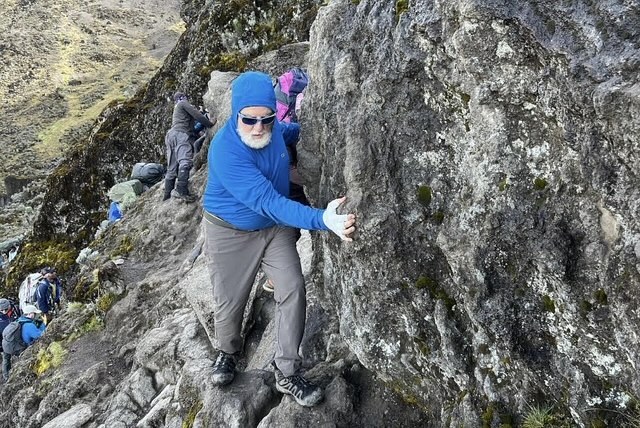
* David climbing the Barranco Wall
If you had to describe your summit experience in one word, what word would you use?
Ecstatic.
Other words I would use are epic and accomplishment. I had this sense of I said I was going to do it and I did it!
What are 3 lessons you learned from this experience?
- Always listen to your guides.
- Even when you don’t feel like eating, eat.
- Don’t be embarrassed about some of the discussions because they are purposeful. For example, the guides ask you each day if you pooped and peed, but it’s for good reason.
What is one thing you wish you had taken with you on the trek that you didn’t?
I wish I had this topical pain cream for when I fell on day one, but thankfully my teammate did! Also, waterproof gloves are a must. I had gloves, but they weren’t waterproof. At one point they got wet leading to very cold fingers and me thinking I had frostbite!
Was there anything you brought with you that you didn’t need?
Some medications like my nitroglycerin. Thankfully, I didn’t need that!
What is one thing you would you say to someone considering climbing Mount Kilimanjaro?
I don’t believe you only live once. I believe you only die once. You live every day. Live your life every day. If there is something you want to do, do it. When you’re on your deathbed, you don’t want regrets.
Also, if I did this, you can too!

